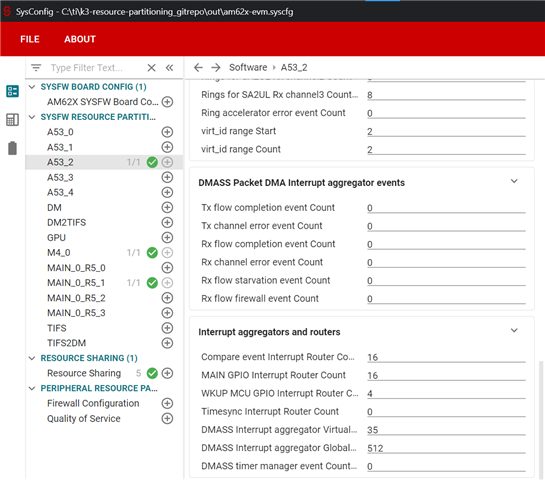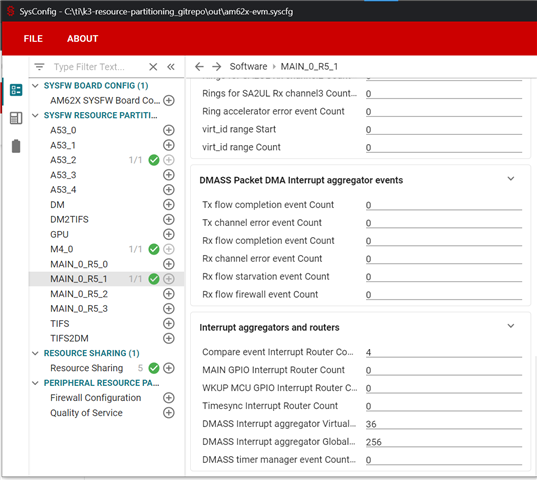Dear Champs,
My customer has a trouble to access GPIO in M4FSS from A53 core in their custom board when linux boot-up.
GPIO in M4SS can be accessed from A53 core after R5 core of device manager was un-loaded in remote proc.
In their customer board, AM6231 GP device was used and they are using Linux SDKv8.6.0.
Do you think this issue caused by default setting for HSFS device in Linux SDKv8.6.0 and this issue can be resolved when below patch will be applied?
Thanks and Best Regards,
SI.



